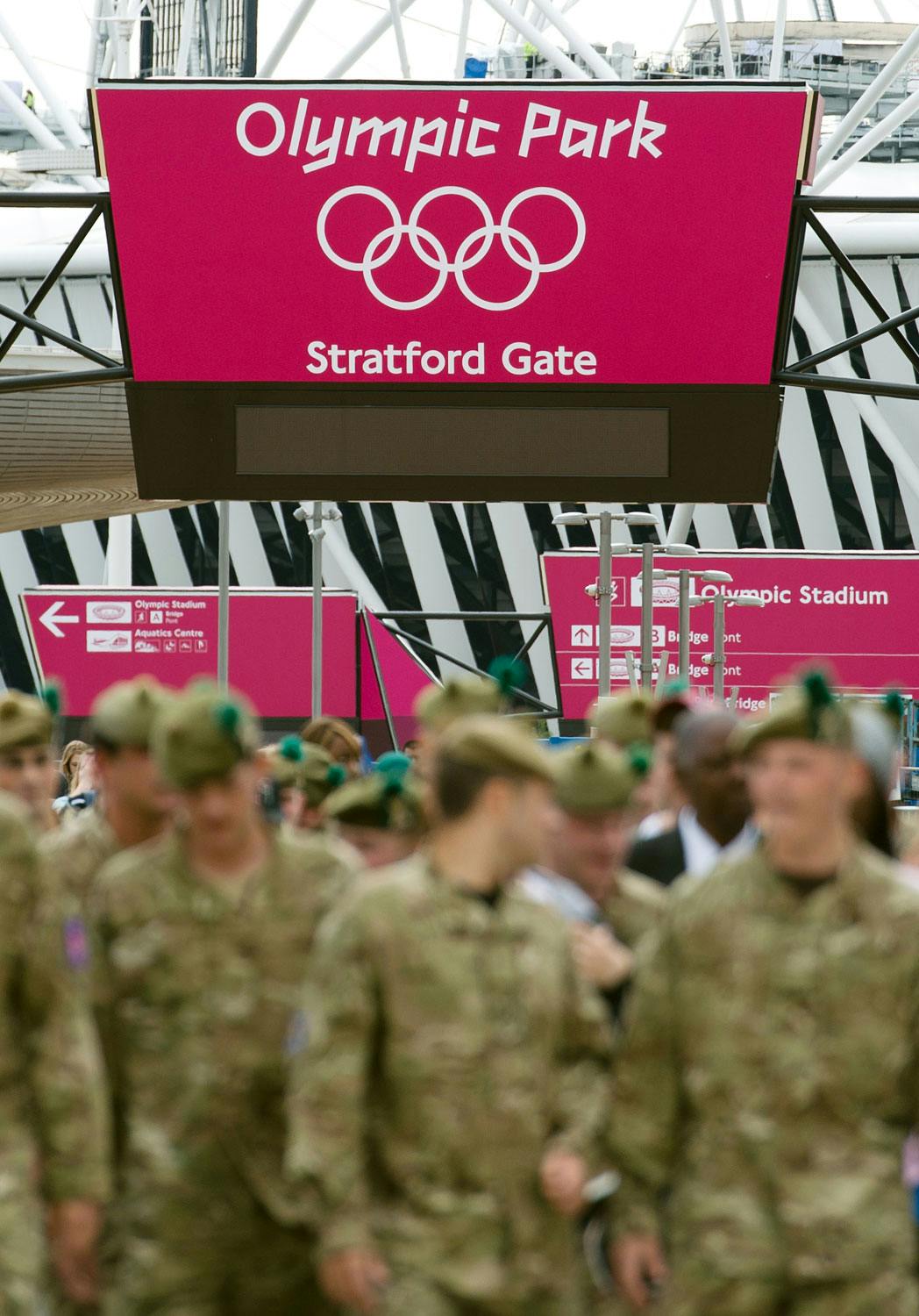It looks like a blunder of Olympic-sized proportions.
Last week, the British government announced that G4S, the company responsible for providing security for the Olympics, is short the number of guards required by about 30 percent. It’s reported that there were problems not only in hiring the required quantity, but also having them fully trained in time.
Britain’s Home Secretary Theresa May said Monday that G4S had “repeatedly assured us that they would overshoot their target.” In the final hour, the British government is now making plans to fill the gap with military personnel.
In today’s world, Olympic security is ultimately more important than great opening ceremonies, enough lodging and almost everything else. This top security concern makes the U.S. Olympic uniform “Made in China” flap pale in comparison.
In business today, we are often dependent on partners and vendors to deliver essential services as an extension of our workforce. And, in this instance, G4S is one of the largest security companies in the world, so they should be able to deliver, right? Not this time.
There are people much smarter than me managing the planning and logistics for the London Olympics and we don’t know what happened behind the scenes. But, I’ll share some things to think about when you have outsourced critical processes or services to an external partner.
In my experiences in HR and Business Process outsourcing, these can make a difference:
High priority and your partner’s in charge
- Don’t select your partner just based on cost. When it’s this important, you have bigger considerations than just price. Evaluate their capability and proven experience doing what you need. This isn’t the time for their learning opportunity. And, of course, you need trust. Trust that is more than “I feel good about you,” but a confidence based on information and time. These factors are more important than just cost when selecting a partner for a critical service. Save your low cost provider for something that isn’t going to define your success.
- Trust, but verify. These high risk situations require a trusted partner – don’t get me wrong. But, have the structure in place to confirm that upcoming objectives and requirements are on track to be met. Ask to see and review concrete information about the resources well in advance and review the training schedule to see first-hand that the work is on track. “Why tell me when you can show me?’”can be very effective in high risk situations. Great project management, involved leaders and clear expectations can help you have confidence that your objectives will be met.
- Have a contingency plan, even when it seems like a sure thing. Anything that is really critical requires a contingency or back up plan. I have seen some organizations intentionally select two partners that are complementary so they aren’t dependent just on one organization. Or start the services earlier than really needed just to be sure there is complete readiness. It will be different for each situation, but consider your high priority issues and have a well-developed contingency plan – even when you think you don’t need it.
- This is the time for your pro coach. These situations call for confident, assertive leaders that set and share clear expectations. Different leaders fit different times. The leaders I’ve seen do this well often carry descriptors like “tough but fair.” Choose who’s in charge with great care.
Fortunately, most of our workforce planning situations don’t have the impact of global security at the Olympics. We’ll hope that they are able to adjust for this last minute problem. And, that we can learn from their experiences in our world.
This was originally published on PeopleResult’s Current blog.
